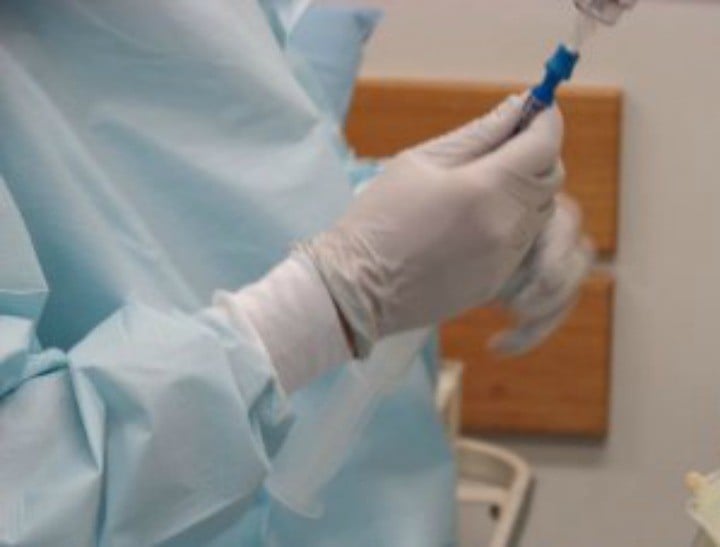
Academics from two of the country’s largest nursing faculties, the University of Western Sydney (UWS) and the Australian Catholic University (ACU), say weak students are being undeservedly awarded nursing degrees, potentially endangering public safety.
A Four Corners investigation broadcast last night identified significant pressure at Australian universities to pass weak and underperforming students, many of whom are full-fee-paying internationals.



Top Comments
Some of this started when a whole bunch of 'technical institutes' became universities in the wake of Hawke's 'clever country' movement. Apparently (and I could never understand how this came out of a socialist organisation) a university degrees is what it took to signify being 'clever' (is that educational snobbery or what Mr Hawke?) which slid into 'degrees for the masses'. Lots of places became degree conferring organisation and what it meant to have a degree changed dramatically. Then came the fight for ever more people and places wanting their share of the funding and it's never quite been right since.
As an RN, I feel universities rely too much on the nursing staff during clinical placements. Nurses are overworked and rushed as it is, and working with students does take a lot more time, especially to teach them things properly. I think the universities need more facilitators during the placements who can take the time needed to educate students properly